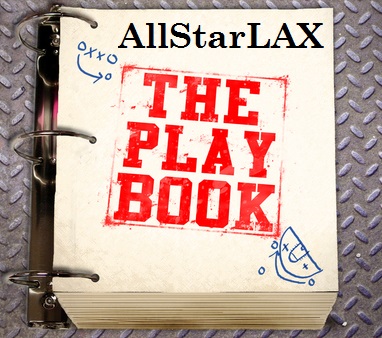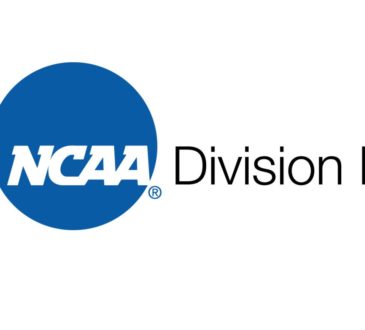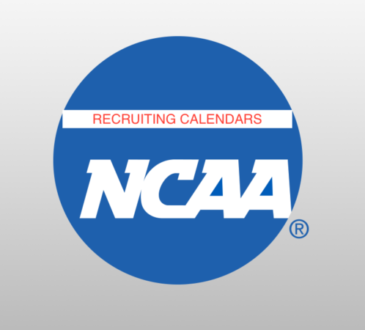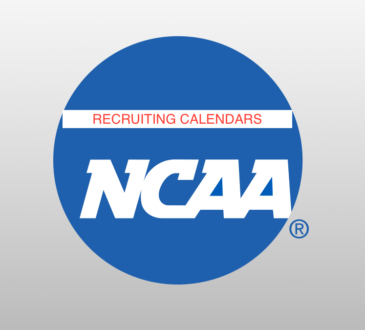

Many of the Parents I have spoken to have told me that one of the hardest parts of the recruiting process is truly understanding when coaches can talk or make contact with your student-athlete. While some coaches have players on their radar as early as eighth grade, the recruiting process for Division I and Division II Programs “officially” begins June 15 following your Sophomore Year or September 1 of your Junior Year (depending on the Sport). From that moment, every move coaches make—from official visits to calling—is strictly regulated by the NCAA through recruiting calendars, which vary by sport.
In fact, it’s a pretty tight schedule. The NCAA lays out four kinds of “recruiting periods” throughout the year that limits the type of interaction coaches can have with student-athletes: contact periods, evaluation periods, quiet periods and dead periods.
While college coaches must abide by these rules, student-athletes can reach out at any time and initiate contact with a coach. That’s why it’s so important for your family to stay proactive and understand how the recruiting calendars work. First you should visit the NCAA website and download your student-athlete’s sport calendar.
- Division I Bowl Sub-Division Football Recruiting Calendar
- Division I Championship Sub-Division Recruiting Calendar
- Division I Baseball Recruiting Calendar
- Division I Men’s Basketball Recruiting Calendar
- Division I Women’s Basketball Recruiting Calendar
- Division I Cross Country and Track & Field Recruiting Calendar
- Division I Men’s Golf Recruiting Calendar
- Division I Men’s Lacrosse Recruiting Calendar
- Division I Women’s Lacrosse Recruiting Calendar
- Division I Women’s Volleyball Recruiting Calendar
- Division I Women’s Beach Volleyball Recruiting Calendar
- Division I Softball Recruiting Calendar
- Division I All Other Sports Recruiting Calendar
- Division II Football Recruiting Calendar
- Division II Men’s Basketball Recruiting Calendar
- Division II Women’s Basketball Recruiting Calendar
- Division II All Other Sports Recruiting Calendar
Then, use our guidelines to learn about each period and how to make the best of them.
WHAT HAPPENS DURING THE CONTACT PERIOD?
Exactly that—all communication floodgates are open. During this period, coaches can have face-to-face contact with a player, watch them compete, visit their high school, email, text, call them, and connect on social media.
At this point in the recruiting process, coaches are ready to extend and solidify their offers. Meeting with student-athletes and their parents in person, helps them complete their evaluations and ensures their top prospects would be a great addition to their program.
During this time, your family can ask in-depth questions about the program and gain a genuine understanding of what it would mean for your child to compete and attend school there.
WHAT HAPPENS DURING THE EVALUATION PERIOD?
The evaluation period is like the contact period with one major difference: coaches can’t have any face-to-face contact with a student-athlete off their college campus. Usually coaches visit high schools during this period to evaluate multiple recruits, but the Evaluation Periods for Lacrosse fall outside of the normal season, so Coaches utilize High School Championship games and Summer Tournaments to watch their top prospects in person, but they can’t meet with the recruit personally.
Have you ever heard of the “bump rule”? This is when it happens. Coaches can’t actively recruit athletes off campus, but they are allowed to briefly say hello to recruits they happen to “bump” into when conducting evaluations. Engaging beyond that point, though, would be breaking NCAA rules. This means that coaches can have eyes on a player, but can’t participate in any lengthy conversations.
Man Up Tip: During an evaluation period, it’s common for a college coach to leave their business card with your student’s High School or Club Coach and let them know a good time to call. That way your child can initiate contact and call the coach directly.
WHAT HAPPENS DURING THE QUIET PERIOD?
The quiet period is stricter than both the contact and evaluation periods. Here’s why: the only time a coach can have in-person contact with a recruit is on the college’s campus. This means no visits to the high school and no watching sporting events or practices. But student-athletes can still receive emails, calls, texts, and social media messages.
Since coaches aren’t permitted to watch student-athletes compete, they typically encourage recruits to take unofficial visits and explore campus life. More and more athletic programs are using this time to host “junior days,” where they invite a large group of recruits on an unofficial visit to tour the facilities and talk with coaches.
Man Up Tip: Coaches tend to use these visits as an introduction to the top student-athletes of the next recruiting class. That means they may only pull aside and talk to five or so prospects. If your child isn’t speaking with a coach, you can assume they’re only in the general recruiting funnel. To make the most of this period, your family should focus on scheduling visits with schools showing a genuine interest and work on building stronger connections with those coaches. Let the Coach know you will be attending and share your AllStarRecruits.com Profile with them.
WHAT HAPPENS DURING THE DEAD PERIOD?
The most restrictive of them all, a dead period forbids coaches from having any face-to-face contact with student-athletes. They also can’t visit high schools or watch recruits compete. The only contact allowed is email, phone calls, text, and social media messages.
Dead periods typically fall right before students sign their National Letters of Intent so that coaches won’t have a significant influence over an athlete’s final decision. They can still call and text to maintain a strong relationship—they just can’t meet in person.
Man Up Tip: While it’s the coach’s responsibility to follow the recruiting calendar, you should always double check and make sure your athlete doesn’t have any visits scheduled during a dead period. If they do, they won’t be able to meet or talk to the coach. And if your student-athlete is unsure of which program to attend, they should use the dead period in the way it was meant to be used: take time to reflect on all the options and feel confident in the final decision.
Knowing what these periods mean, and when they occur, will help your student-athlete maximize their opportunities and effectively reach out to college coaches.






